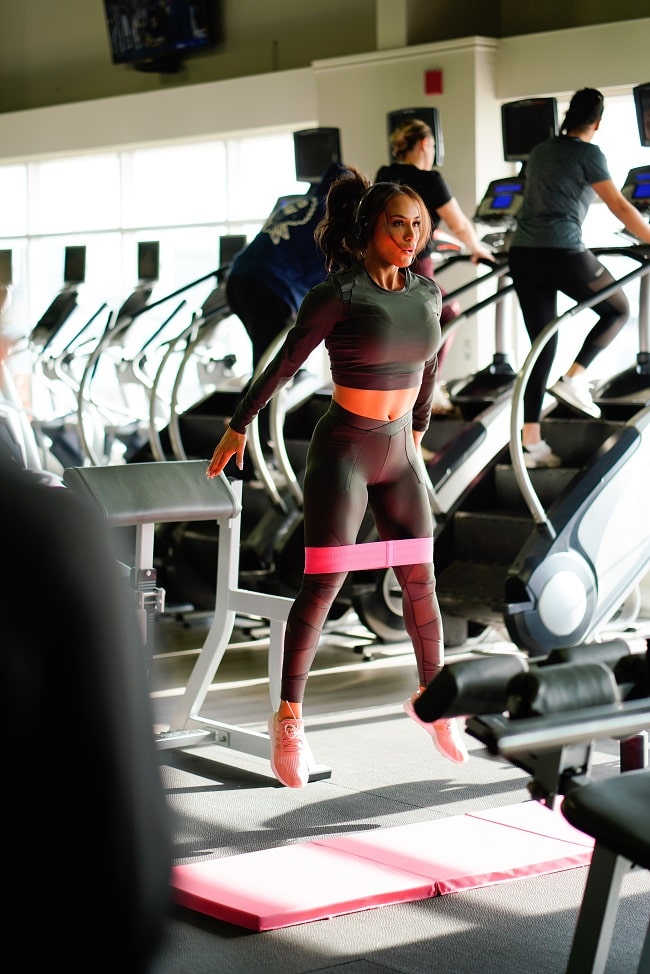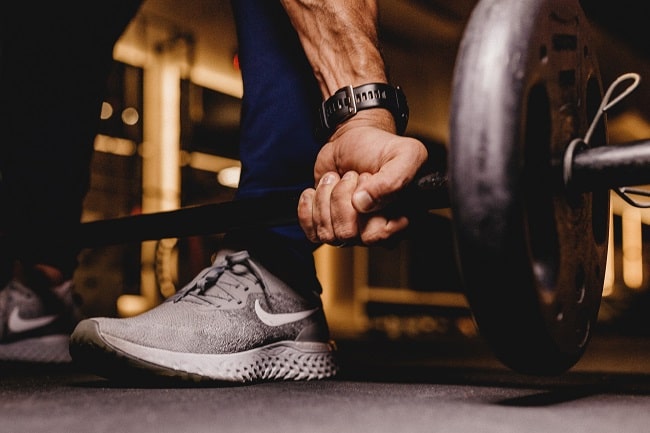1
HOME > Health & Fitness >
THE SIGNS, SYMPTOMS AND TREATMENT OF OVERTRAINING
Written by Menswear Style in Health & Fitness on the 6th February 2020

Overtraining can happen to anyone. It’s not limited to people doing some specific sports or extreme workouts. This is when you do more training than your body is capable of recovering from. It causes poor performance because the muscles are not fully recovered and ready to workout again. However, the human body is amazing and it can recover faster with a little help. There are also symptoms and things to note beforehand.
If you would like to measure or know exactly if you are overtraining, the process requires a little help from scientists and modern equipment. So, the next time you find yourself at the gym in your shorts and T-shirt sweating heavily, feeling slightly sick and not wanting to push any further, you should better stop there and take a little recovery rest.

The causes
Not allowing the body to properly rest and recover from what you just did to it is the basic cause. Not everyone is the same, thus recovery time and symptoms could differ depending on several factors.
Too much training in one go
Trying to break your record too soon is one of the causes of overtraining. As much as we all want that new PB, it is dangerous to be impatient. It's ok to get those sweatshirts and joggers soaked in sweat but be sure to listen to your body and know wehn to stop. Try to improve one step at a time and don’t rush things. Skipping steps, going for the long-term goal directly without the short-term goals in between will definitely cause you some overtraining issues.

Not taking rest
The human body cannot workout continuously. Some guys go from one workout, machine, or drill to the next without rest. When muscles are not ready to absorb and bear the pressure on them, but you keep on training, it causes them to get weak. Doing it once or twice, or maybe once in a while won’t become too problematic, however doing it regularly and continuously definitely will. Just take sufficient rest after a workout and rest in between sets.
Recurrent intense workouts
Recurrent intense workout sessions are another cause. Runners and swimmers have to face it every other training day. While some people can do it, others simply cannot. For example, too many VO2max sessions in one drill will cause some overtaining problems for some runners. Rather than being helpful in improving performance it will often have the opposite effect. So, the next time your jogger pants are full of sweat and you feel like throwing up, stop and take some rest.

Symptoms you should look out for
Be thankful to your body as it gives signals and subtle hints if you are overtraining. Just keep your senses in check and look for these symptoms and act upon them before you cause injury.
Raised heartbeat
Raised heart rate during and right after training is normal, but in overtraining, your heart rate is raised above the normal range long after the workout. Keep it under check by tracking it when you wake up and at the end of the day. Stress, dehydration, and high caffeine intake can also affect your heart rate.

Being vulnerable to sickness
The immune system becomes weak with overtraining, making you vulnerable to colds, flu, seasonal viruses, etc.
Disturbed sleep
Disturbed sleep, waking up too early, and lack of sleep are some clear signs of sleep disturbance which can be caused by overtraining. Other factors like change in daylight, stress, and anxiety can also be a cause.

Recovery time
Diet: Keep your calorie intake equal to calories burned (unless you are losing fat), don’t cut off carbs, address vitamin deficit, eat a high protein diet, especially when trying to gain muscle. Maintain a healthy and nutritious diet, and don’t over eat. Prevention is always better than medication so listen to the body and go easy on it.
Things to do: Take a break, reduce workout volume and/or intensity. Don't work on the same muscles on recurrent days, get proper sleep, adjust your sleeping time, massage the muscles and stretch afterwards. Depending on severity and condition take a break. Relax on non-workout days, get massages, do yoga, and sleep well.
Trending
2
3
4
5
6
7
8
9
10









